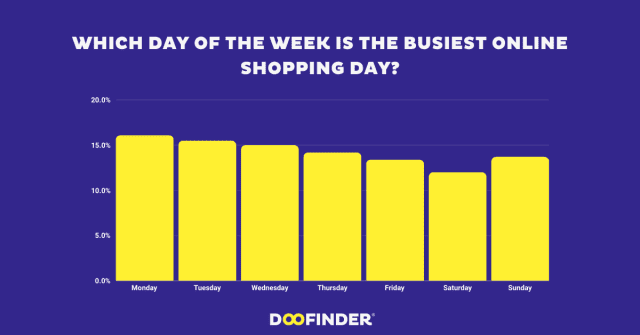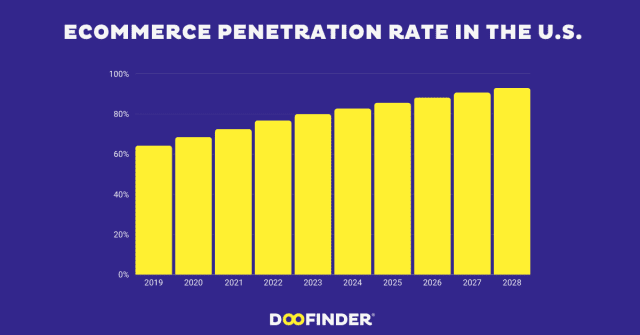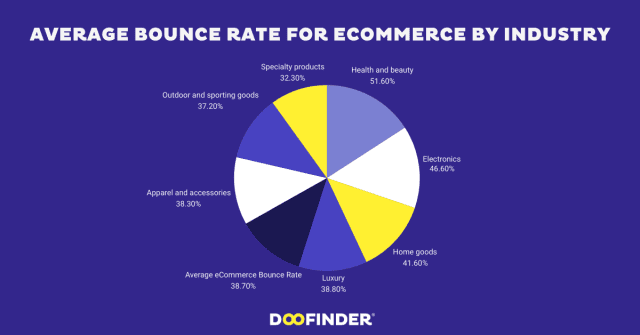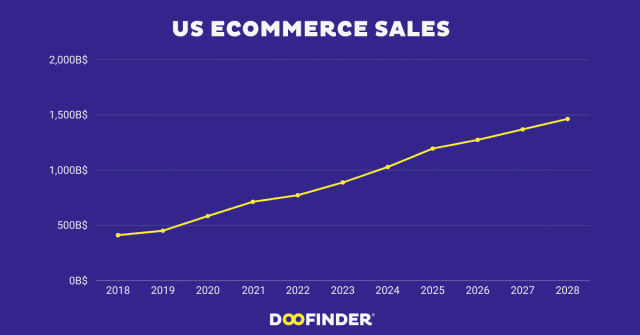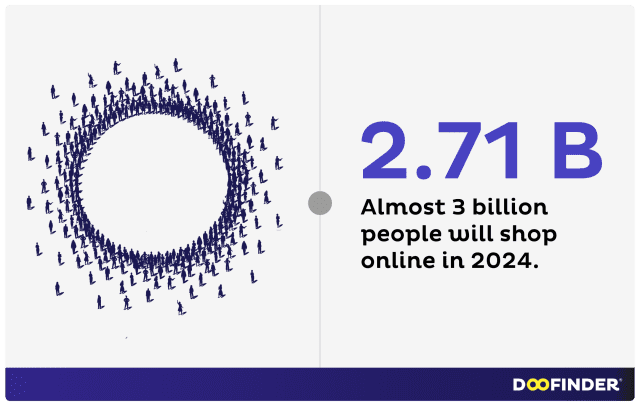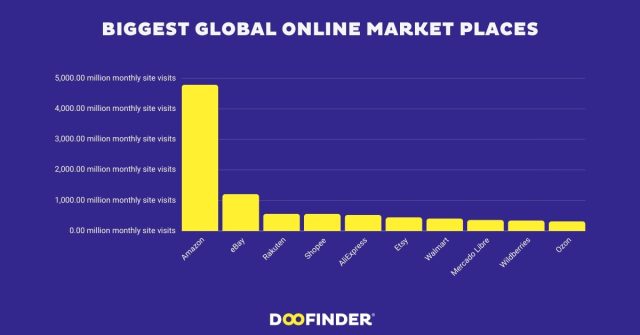CONTENTS
Grocery shopping has undergone a profound transformation in recent years, propelled by the widespread adoption of e-commerce platforms.
As consumers increasingly seek convenience and flexibility in their shopping experiences, online grocery retailers have emerged as key players in the retail industry.
In this article, we delve into the projected net sales of the largest online grocery retailers from 2022 to 2027, shedding light on the evolving dynamics of this rapidly growing sector.
By examining the strategies and market positioning of leading e-commerce grocery companies, we aim to provide insights into the factors driving their growth and shaping the future of online grocery shopping.
The Top 8 Leading Online Grocery Stores in the United States
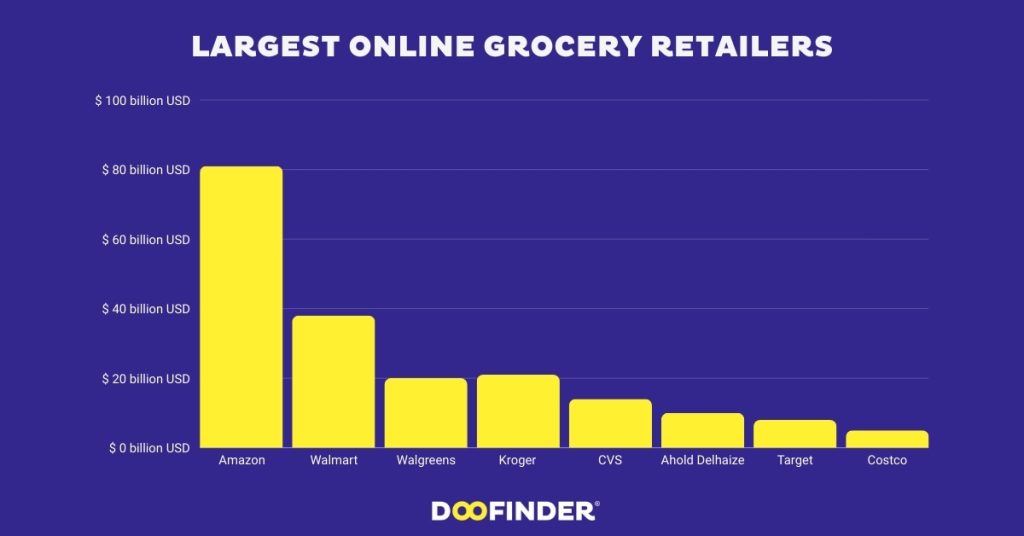
1. Amazon: $81 Billion USD
Amazon solidifies its position as the behemoth in the online retail space, projecting a substantial net sales figure of $81 billion USD by 2027.
Leveraging its extensive logistics network and Prime membership benefits, Amazon continues to capture a significant share of the online grocery market.
2. Walmart: $38 Billion USD
As a retail giant with a robust online presence, Walmart maintains a strong position among the top online grocery stores, with projected net sales reaching $38 billion USD by 2027.
Walmart’s omnichannel strategy, incorporating in-store pickups and delivery services, contributes to its sustained growth in the e-commerce grocery sector.
3. Walgreens: $20 Billion USD
Walgreens, traditionally known for its brick-and-mortar pharmacies, expands its online grocery offerings, projecting a net sales figure of $20 billion USD by 2027.
The integration of grocery items into its digital platform complements its healthcare services, catering to a broader range of consumer needs.
4. Kroger: $21 Billion USD
Kroger, a prominent player in the grocery industry, maintains its competitive edge in the online sphere, with projected net sales of $21 billion USD by 2027.
Investments in digital infrastructure and partnerships with technology providers enhance Kroger’s online shopping experience, attracting a growing base of customers.
5. CVS: $14 Billion USD
CVS, known primarily for its pharmacy and health products, diversifies its offerings into online groceries, projecting net sales of $14 billion USD by 2027.
With an emphasis on convenience and accessibility, CVS’s digital platform serves as an extension of its physical stores, catering to evolving consumer preferences.
6. Ahold Delhaize: $10 Billion USD
Ahold Delhaize, a global grocery retailer, strengthens its foothold in the e-commerce grocery market, projecting net sales of $10 billion USD by 2027.
Capitalizing on its diverse portfolio of brands and digital innovation initiatives, Ahold Delhaize enhances the online shopping experience for its customers.
7. Target: $8 Billion USD
Target, renowned for its diverse product offerings, continues to expand its online grocery presence, projecting net sales of $8 billion USD by 2027.
Target’s emphasis on curated assortments and personalized recommendations resonates with online shoppers, driving growth in its e-commerce grocery segment.
8. Costco: $5 Billion USD
Costco, known for its membership-based warehouse model, makes strides in the online grocery space, projecting net sales of $5 billion USD by 2027.
Despite its focus on bulk purchasing, Costco’s online platform offers convenience and value, attracting a growing customer base seeking grocery delivery options.
The Future of eCommerce Grocery Companies in the US
The projected net sales figures of leading online grocery retailers offer a glimpse into the future trajectory of the e-commerce grocery sector.
From industry titans like Amazon and Walmart to traditional retailers diversifying into online platforms, the competition is fierce and the stakes are high.
As technological advancements continue to reshape the retail landscape, the key to success lies in agility, innovation, and a relentless focus on meeting the evolving needs of consumers.
By leveraging digital tools, optimizing supply chain logistics, and enhancing the online shopping experience, e-commerce grocery companies can position themselves for sustained growth and dominance in the dynamic marketplace of tomorrow.
Ready to discover more?
- The Biggest Online Marketplaces in the World
- E-commerce Market Size by Country
- Average Bounce Rates for eCommerce by Industry
Source Acknowledgment: We rely on reputable sources such as Statista, Insider Intelligence, Data Reportal, and Census.gov, known for their precision and trustworthiness, thus guaranteeing the reliability of the information we present.


